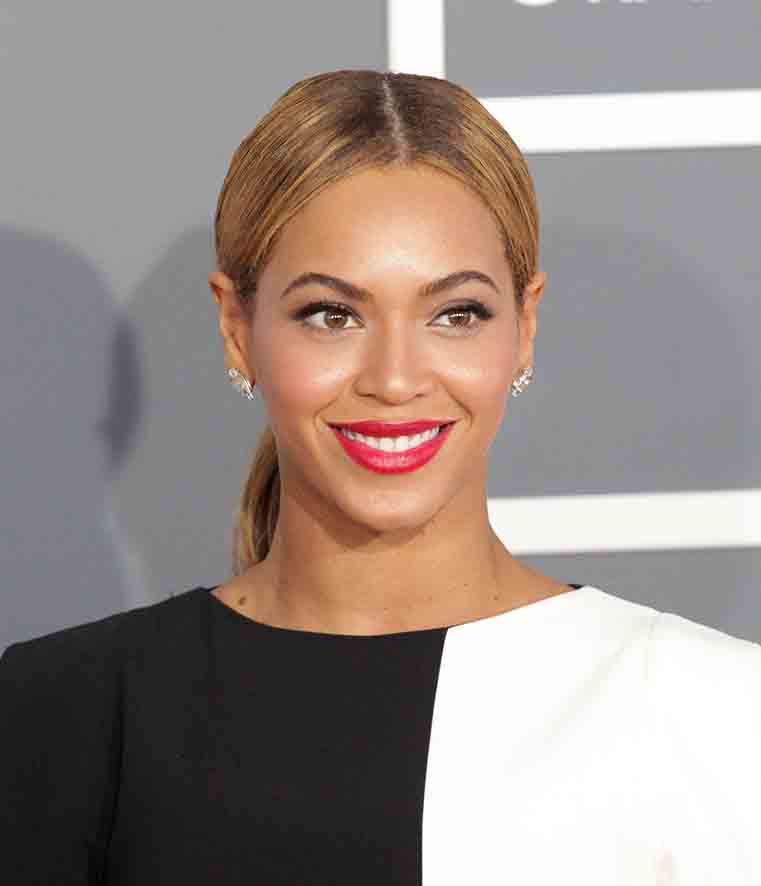Beyoncé’s relationship with the Grammy Awards has been as complex as her artistry. Despite her staggering achievements—over 20 Grammy wins, numerous records shattered, and indelible contributions to music—her most coveted accolade, Album of the Year, has consistently eluded her grasp. This disconnect raises questions about the criteria that the Recording Academy values and whether they align with public perception and appreciation of her work. With albums like Lemonade and Renaissance receiving critical acclaim, the absence of this particular award in her collection reveals a nuanced narrative of artistry versus recognition. It suggests a systemic undervaluation of Black artistry in mainstream awards, leaving fans and critics alike to wonder if her innovative contributions are being overshadowed by outdated biases.
The Grammy history of Beyoncé is marked by notable snubs, particularly in this category, which many fans consider emblematic of a larger cultural conversation. Notably, her competition has often featured artists who, while talented, do not share the same genre-blending audacity that characterizes Beyoncé’s work. Consider the following points when examining her Grammy track record:
- Stellar Competition: Every year, Beyoncé faces formidable contenders who appeal more broadly to the Academy’s demographics.
- Genre Bias: The Grammys have a historical precedent of favoring traditional pop sounds over innovative, genre-defying music.
- Political Underpinnings: The voting body’s demographic disparities may influence the outcomes, disadvantaging artists of color.
This ongoing dynamic illuminates not only Beyoncé’s unique position in the music industry but also a broader critique of award shows and their evolving standards. As she continues to redefine musical boundaries, the question remains: will the Grammys catch up with her legacy, or will her artistry continue to be sidelined in the face of institutional biases?
Cultural Impact vs. Industry Standards: The Complex Dynamics at Play
In examining the ongoing narrative surrounding Beyoncé’s Grammy snubs, one cannot ignore the cultural weight her music carries versus the prevailing standards of the industry. Over the years, Beyoncé’s work has not only pushed the boundaries of genre but has also addressed profound social issues, intertwining artistry with activism. Her albums, such as “Lemonade” and “Renaissance,” serve as cultural touchstones that provoke dialogues about race, gender, and identity, yet they have repeatedly fallen short of the prestigious Album of the Year award. Critics argue that this incongruence reflects a larger discrepancy in the Recording Academy’s recognition of culturally significant art versus commercially palatable music.
The industry standards that govern the Grammy Awards often favor mainstream appeal and radio-friendly hits, which creates a paradox for innovative artists like Beyoncé. This reality raises significant questions about the award show’s criteria for excellence. Key factors impacting this dynamic include:
- Historical Bias: The Grammy Awards have a history of overlooking black artists in major categories.
- Commercial Success: Albums that achieve higher sales and radio play often overshadow more avant-garde works.
- Membership Demographics: The voting body of the Grammys may not always reflect the diverse audience that aligns with Beyoncé’s vision.
As a result, while Beyoncé continues to redefine the landscape of contemporary music, the industry’s rigid standards may inadvertently inhibit her ability to secure recognition for her groundbreaking contributions, leaving many to wonder if true artistic merit is ever fully appreciated in the commercial sphere.
Exploring the Voting Process: Why Transparency Matters for All Artists
In the realm of music awards, the voting process often remains shrouded in mystery, casting a shadow over the accolades that define an artist’s career. For many, the question of how winners are determined goes beyond personal disappointment; it highlights the fundamental need for transparency in the industry. When renowned artists like Beyoncé find themselves on the receiving end of unexpected Grammy snubs, it raises pressing questions about the fairness of the voting mechanisms and the biases that may influence outcomes. Critics argue that without a clearer understanding of how votes are cast and counted, both artists and fans are left to wonder whether merit or industry politics drive these prestigious accolades.
Promoting transparency in the voting process can have far-reaching implications for artists at all stages of their careers. Enhanced transparency could lead to:
- Greater accountability among voters, ensuring that selections are based on artistic merit rather than affiliation or popularity.
- Increased trust in the awards, which can elevate their significance and impact on an artist’s career.
- A more diverse array of winners, as more artists feel confidently included in a system that promotes fairness and equity.
the discomfort surrounding high-profile snubs underscores a universal truth: every artist deserves a fair shot at recognition, and understanding the intricacies of the voting process is essential in creating an equitable landscape for all creators.
Charting a Path Forward: What Changes Could Help Beyoncé and Future Nominees
The ongoing conversation surrounding Beyoncé’s Grammy snubs has opened up a broader discussion about the selection process for the Album of the Year award. As industry experts examine the nuances of nominees’ visibility and artistic merit, several key changes could enhance fairness in nominations and help spotlight deserving artists more effectively. In particular, the Grammys could consider implementing the following reforms:
- Enhanced Transparency: Providing clearer criteria and insights into the voting process could demystify the nomination system, enabling artists and fans to understand how submissions are evaluated.
- Diverse Voting Panels: Expanding the diversity of the voting body to include a wider range of voices—from emerging artists to genre specialists—could ensure that various musical styles receive equitable representation and understanding.
- Engagement with Turnout Metrics: Tracking and potentially rewarding artists who engage with their fanbases around the awards could increase visibility and stimulate nominations for those whose work resonates deeply with listeners.
Furthermore, addressing the dichotomy between commercial success and artistic innovation could recalibrate the criteria for future nominations. By acknowledging metrics beyond sales—such as critical acclaim, cultural impact, and creative evolution—awards can more effectively recognize groundbreaking artistry. Additionally, fostering a relationship with music innovators through mentorship programs could enrich both the awards’ ethos and the careers of future nominees, potentially preventing the snubs that have characterized Beyoncé’s journey over the years.
